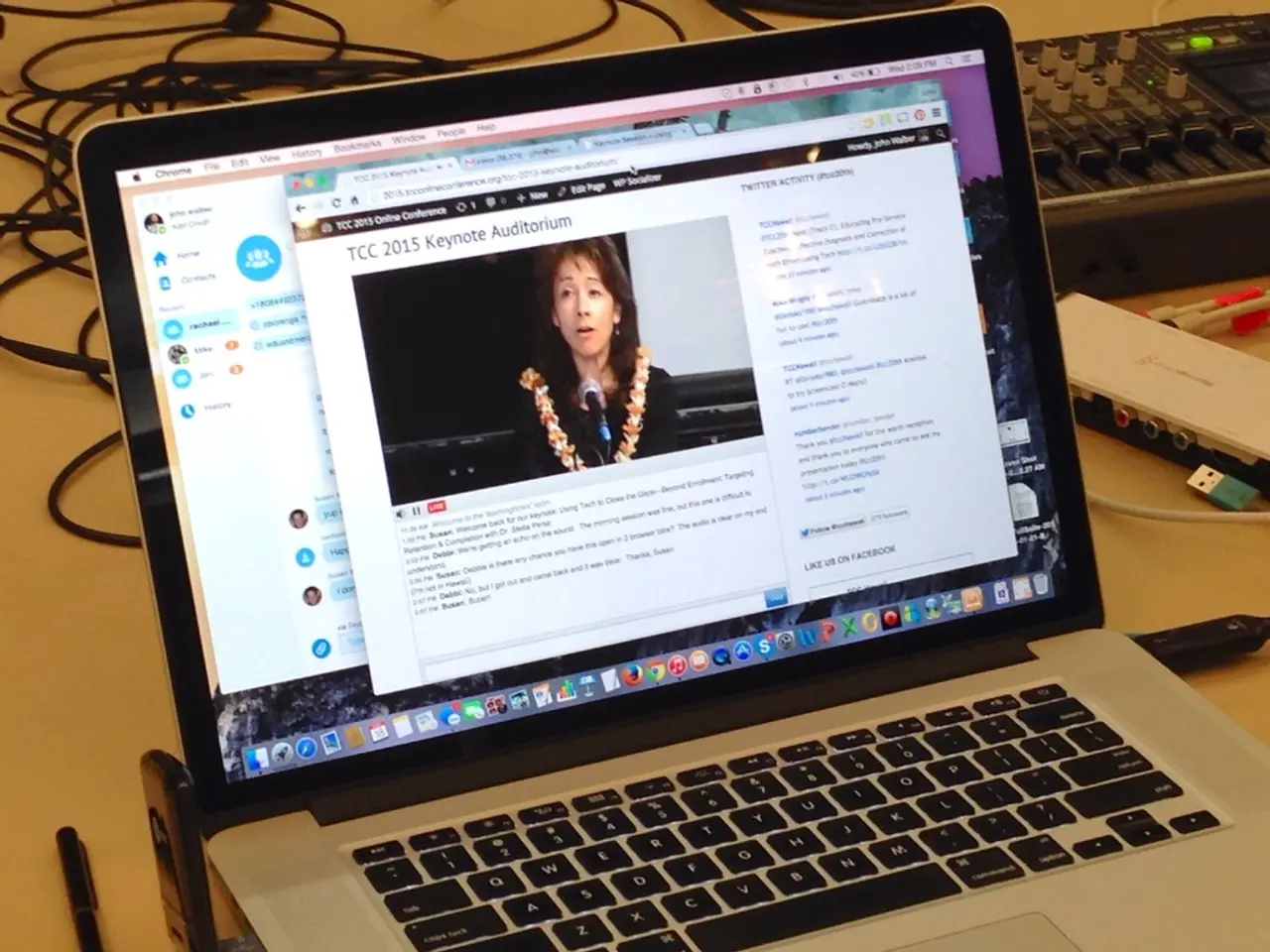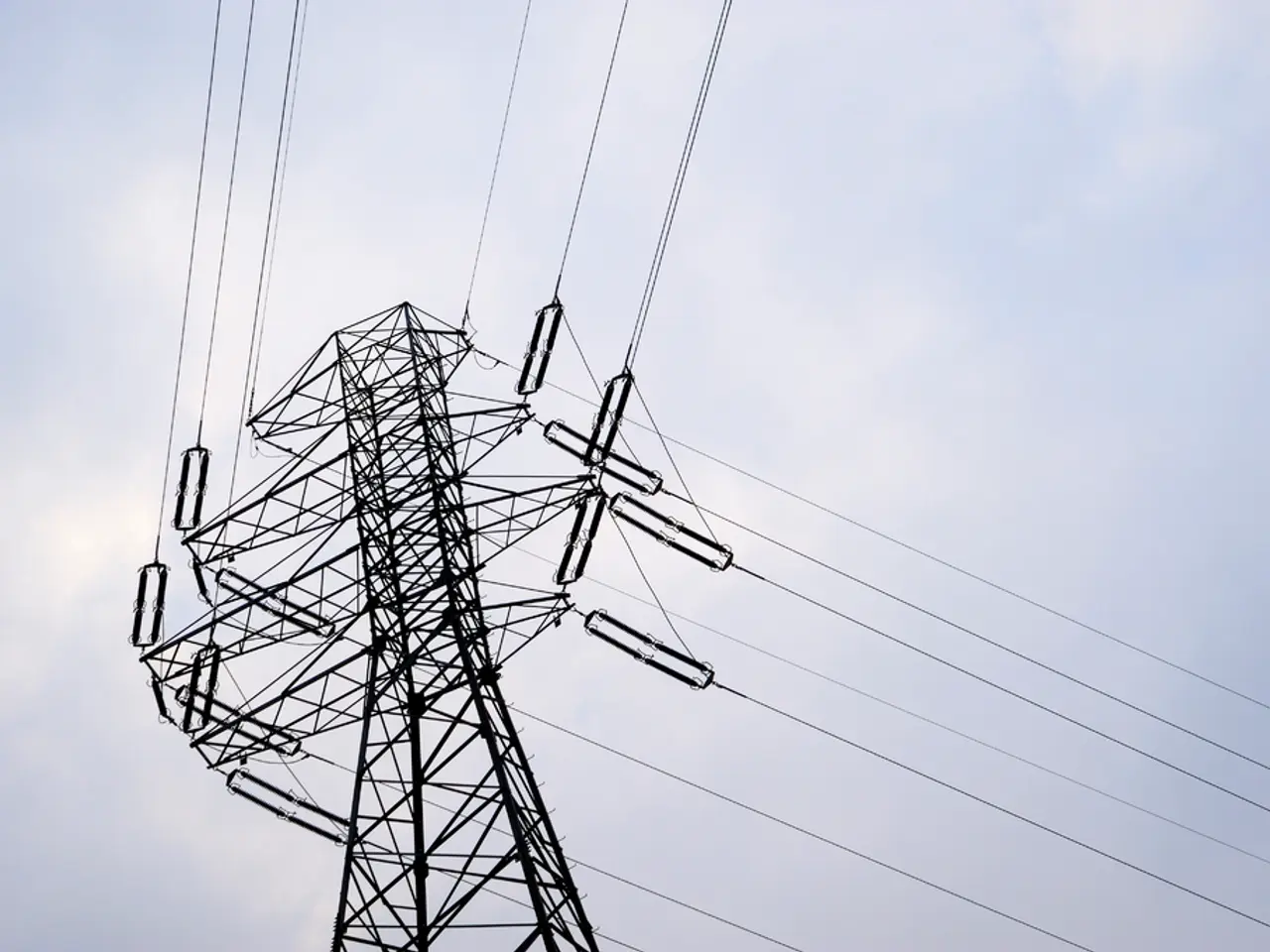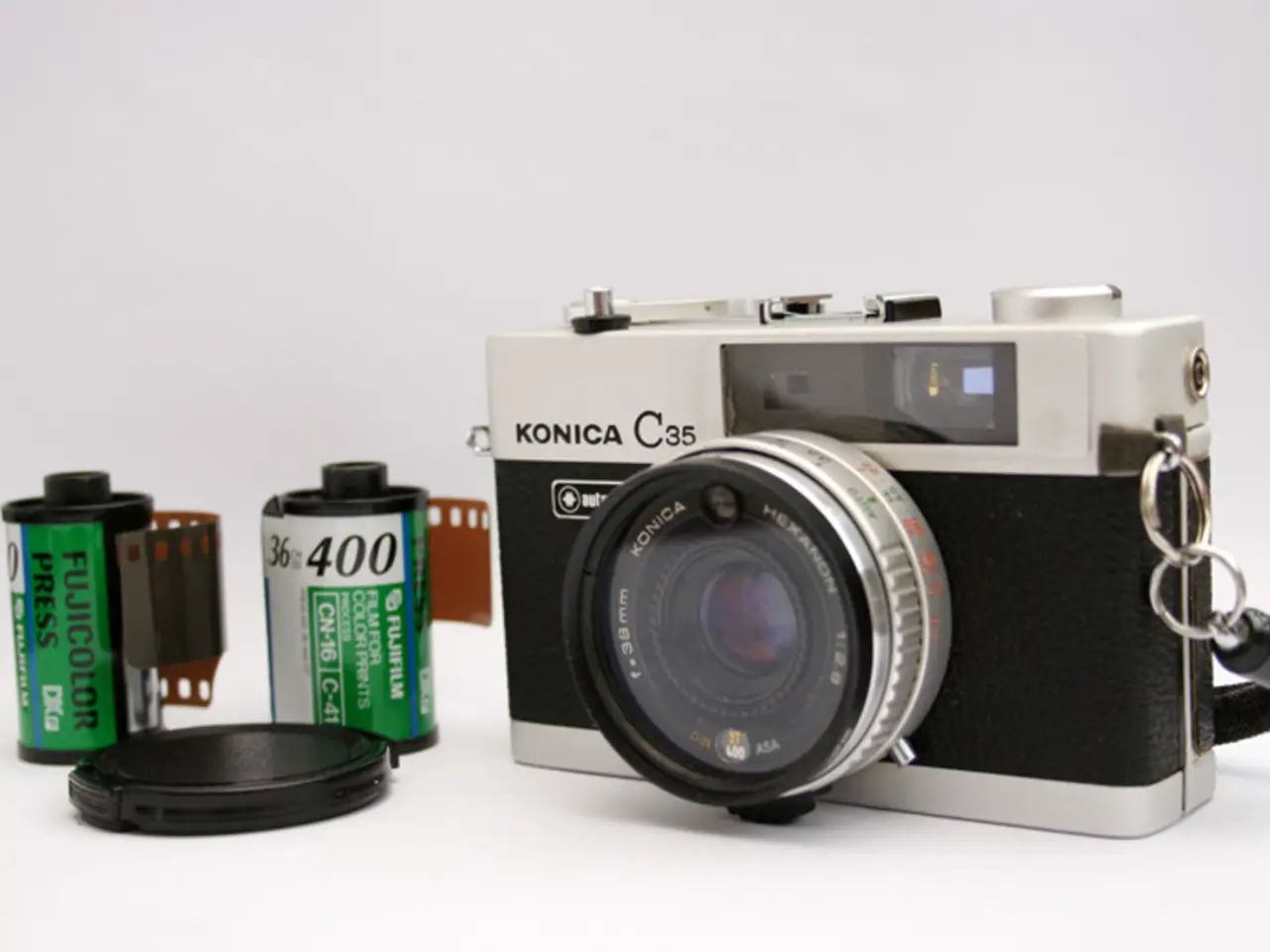Nio Set to Introduce Interchangeable LFP Batteries on September 23rd (According to Rumors)
In the rapidly evolving electric vehicle (EV) industry, three major players - Nio, Tesla, and Xpeng - are making significant strides in adopting Lithium Iron Phosphate (LFP) batteries. These batteries, known for their cost efficiency, longer range, and cobalt-free composition, are set to revolutionise the EV market.
Xpeng, a Chinese EV manufacturer, has recently launched its P5 sedan, priced at $25,000, using LFP batteries. The G7 SUV, another offering from Xpeng, boasts two LFP battery pack options with estimated ranges of 577 to 702 km on the CLTC cycle, making it a competitive choice in the EV market [2][3]. The G7's LFP packs help keep costs competitive, with pricing below AUD 41,700, contributing to rapid sales success with 10,000 orders in just 9 minutes [2].
Tesla, another industry leader, is expanding the use of LFP batteries, particularly in standard-range models, to reduce costs and improve supply chain security, although specific recent plans are not explicitly detailed [4].
Nio, on the other hand, has officially announced the launch of swappable LFP batteries in Q4 2021 [5]. By incorporating LFP into its battery-as-a-service (BAAS) program, Nio offers the option to replace the entire battery pack without extra fees, potentially reducing vehicle prices by up to $20,000 when choosing the BAAS program [5].
The shift towards LFP batteries is driven by the cost efficiency and supply chain stability they offer. By reducing dependency on costly metals like cobalt and nickel, manufacturers can lower battery costs and vehicle prices, making EV ownership more accessible to a broader market [6]. Xpeng's case clearly demonstrates this link, with the adoption of LFP batteries leading to more affordable pricing without sacrificing range or charging speed [2].
As the race for battery, performance, and budget continues, it is expected that Nio, Tesla, and Xpeng will continue to iterate technological advancements, making their lineups further pocket-friendly in the future. With the highly awaited flagship model ET7 set to have an LFP battery option, Nio is poised to maintain its competitive edge.
In summary, Xpeng is currently the most active among these three in deploying advanced LFP batteries to reduce costs and improve charging speed, directly impacting vehicle affordability. Tesla is likely to continue its LFP expansion for cost management, although no recent specific updates are available. Nio's position on LFP batteries remains unclear, but it is inferred that the company may follow industry trends towards LFP to manage costs and material availability [1][2][3][4][5].
| Manufacturer | LFP Battery Use | Key Benefits | Pricing Impact | |--------------|--------------------------------------------------------------|--------------------------------------------------|----------------------------------| | Xpeng | LFP batteries in G6 (standard) and G7 (both battery options) | Faster charging (5C), reduced cobalt reliance, competitive range | Lower vehicle prices, e.g. G7 < AUD 41,700 | | Tesla | (Not in current data) | Known industry trend to use LFP in standard models | Cost reduction likely | | Nio | (No data available) | Possible future adoption inferred | Unknown |
[1] https://www.reuters.com/business/autos-transportation/nio-electric-car-maker-says-will-launch-swappable-lithium-iron-phosphate-batteries-2021-10-20/ [2] https://www.autocarindia.com/news/xpeng-g7-launched-in-china-price-starts-at-43-lakh-218-000-and-offers-a-range-of-up-to-702-km-944296 [3] https://www.autocarindia.com/news/xpeng-g7-launched-in-china-gets-two-battery-options-68-5-kwh-and-81-kwh-550-km-range-944265 [4] https://www.tesla.com/support/charging [5] https://www.reuters.com/business/autos-transportation/nio-electric-car-maker-says-will-launch-swappable-lithium-iron-phosphate-batteries-2021-10-20/ [6] https://www.forbes.com/sites/alanohnsman/2021/03/01/why-the-lithium-iron-phosphate-battery-is-the-future-of-electric-cars/?sh=528e9e604690
- The electric vehicle (EV) industry, particularly manufacturers like Xpeng, Tesla, and Nio, are adopting Lithium Iron Phosphate (LFP) batteries for their cars, with Xpeng being the most active in deploying these advanced batteries to reduce costs and improve charging speed.
- Xpeng's latest offerings, the P5 sedan and G7 SUV, both utilize LFP batteries, which not only offer faster charging but also reduce dependency on costly metals like cobalt, resulting in more affordable pricing without sacrificing range or charging speed.
- Tesla, although no recent specific updates are available, is likely to continue its LFP expansion for cost management, following the apparent industry trend towards LFP batteries.
- Nio's position on LFP batteries remains unclear, but it is inferred that the company may follow industry trends towards LFP to manage costs and material availability, potentially offering more pocket-friendly lineups in the future.




